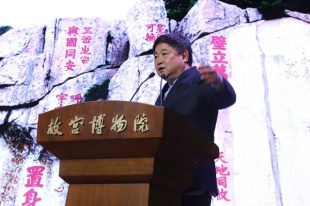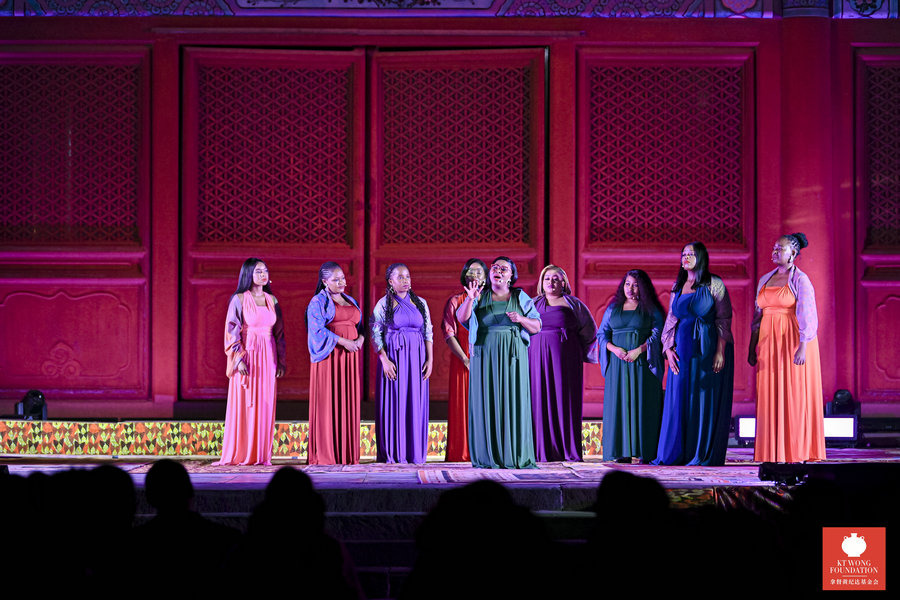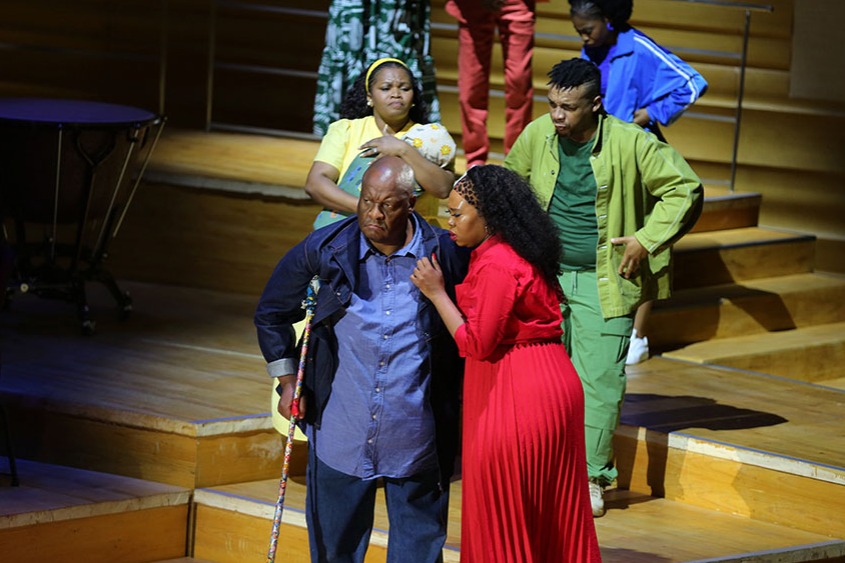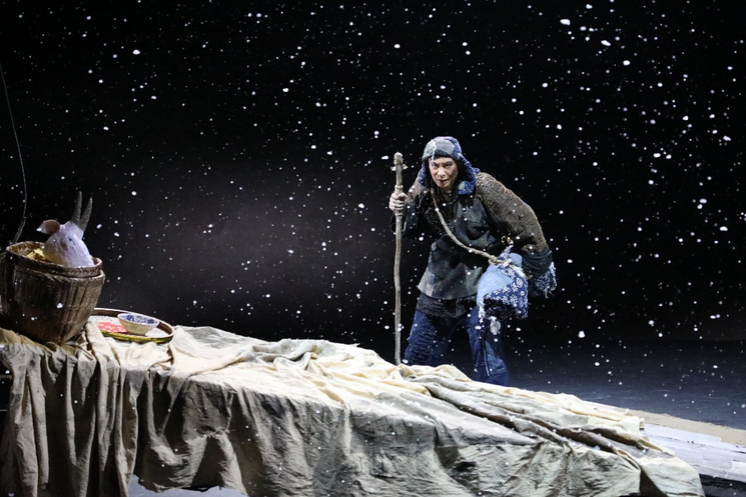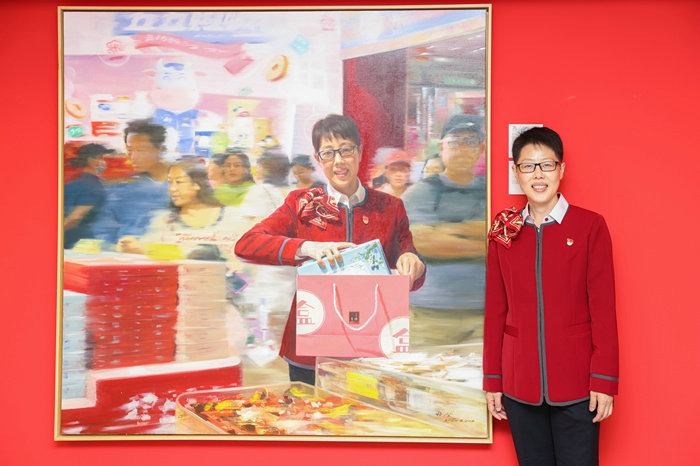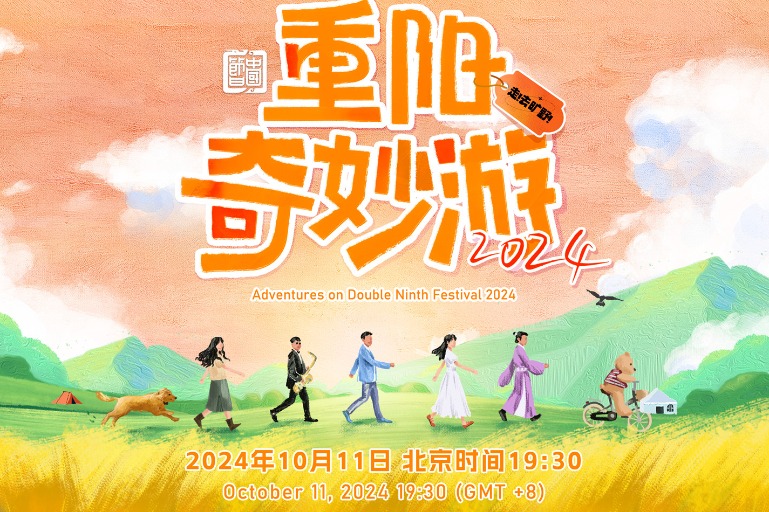Treasures of the past

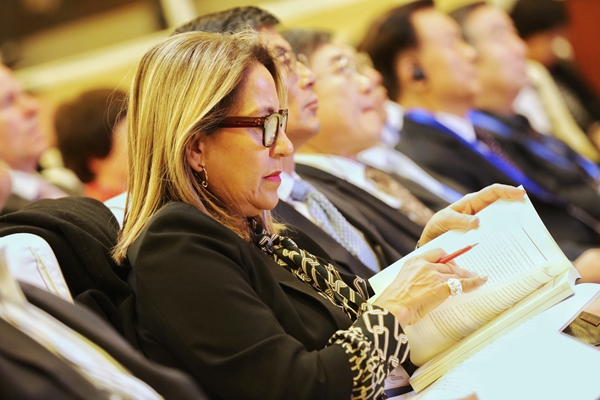
Experts discuss the relevance of ancient civilizations in the modern world, Wang Kaihao reports.
A two-day academic symposium as part of the third annual ministerial meeting of the Ancient Civilizations Forum was held at the Palace Museum in Beijing last week.
The forum, organized by the Ministry of Foreign Affairs, the Ministry of Culture and Tourism, the National Cultural Heritage Administration and other national-level institutions, attracted delegates from China and 15 other countries, such as Egypt, Greece, Peru and Iraq. The delegates spoke of the relevance of ancient civilizations in the modern world and shared their experiences in heritage conservation.
"Each ancient civilization is rooted in its own soil and has provided its unique wisdom to people," Zhang Xu, deputy minister of culture and tourism, said at the symposium.
He says there is a need to learn from one another as globalization and cultural diversity have deepened in the digital era.
"The protection of cultural heritage within one country has become inalienable from the big picture of the international community, and China is taking more responsibility in this process," Zhang says.
The symposium discussed three main topics-differences and similarities among the world's ancient civilizations, ancient cultural heritage and its continuation and evolution in modern culture, and the ancient Silk Road as seen through the lens of archaeology.
Many fresh ideas emerged from the perspectives of different world cultures.
Peking University professor Gong Yushu, who participated in the symposium, says the ancient Sumerians of Mesopotamia had a concept similar to that of the Tao, a concept describing the rules of the universe in Chinese culture. This discovery was made by analyzing texts on Sumerian tablets.


